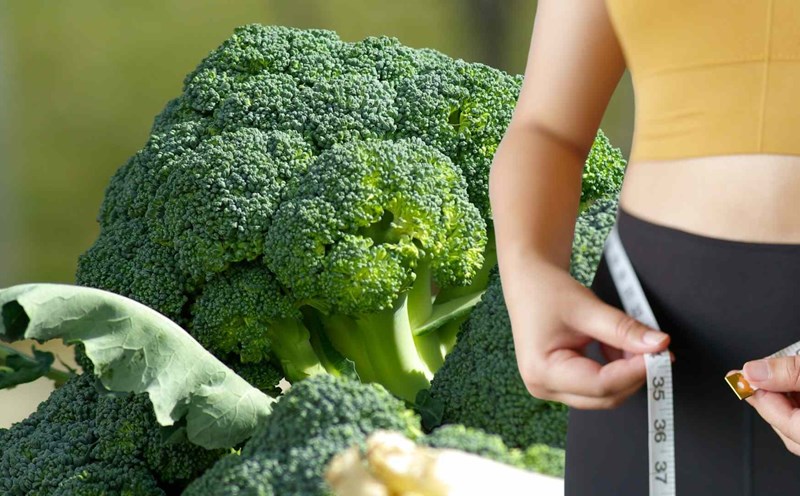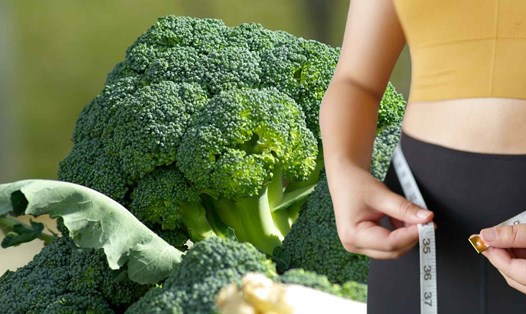Visceral fat, the type of fat that accumulates in organs like the liver, stomach and intestines, is a risk factor for many serious diseases such as cardiovascular disease, diabetes and metabolic syndrome.
While diet is an important factor in reducing visceral fat, pickled onions have been studied as a potential food to aid this process thanks to their bioactive compounds.
Pickled onions contain sulfur compounds such as allicin and diallyl disulfide, which help reduce fat and inflammation in the body. A study published in the Journal of Agricultural and Food Chemistry found that allicin can stimulate fat oxidation and reduce visceral fat accumulation. Pickled onions also provide a large amount of flavonoids and antioxidants, which help reduce inflammation, an important factor related to the formation of visceral fat.
However, to achieve the effect of reducing visceral fat, the way of eating pickled onions needs to be properly controlled. Pickled onions can help reduce visceral fat if used in moderation and within the framework of a healthy diet. Pickled onions contain a fairly high amount of sodium, if consumed in excess, it can cause high blood pressure and water retention in the body, negatively affecting health.
To use pickled onions safely, experts recommend eating about 1-2 tablespoons of pickled onions per day, combined with a low-sodium diet and increased intake of green vegetables, fruits and foods rich in fiber.
A study by the World Health Organization also recommends that a diet rich in foods rich in antioxidants and low in saturated fat can help improve health and reduce visceral fat.
Pickled onions, when used properly, can be an effective part of this diet to help reduce visceral fat. In particular, when combined with maintaining a healthy lifestyle, regular exercise and a balanced diet, pickled onions can contribute to fat loss and improve overall health.









